
Popular courses in Central Coast
Diploma of Leadership and Management
- There are no mandated entry requirements.







Master of Engineering (Electrical Systems)
- There are no mandated entry requirements.
 Engineering Institute of Technology
Engineering Institute of Technology
Master of Engineering (Industrial Automation)
- There are no mandated entry requirements.
 Engineering Institute of Technology
Engineering Institute of Technology
Certificate III in Instrumentation and Control
- There are no mandated entry requirements.
 Meo Training
Meo Training
Certificate IV in Electrical - Instrumentation
- Completed Certificate III in Electrotechnology Electrician or equivalent qualifications OR
- A current ‘Unrestricted Electricians Licence’ or its equivalent issued in an Australian state or territory.
 Meo Training
Meo Training
Certificate III in Commercial Cookery
- There are no mandated entry requirements.


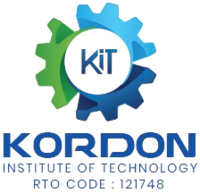



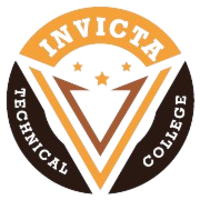
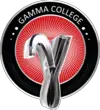
Certificate IV in Engineering
- There are no mandated entry requirements.






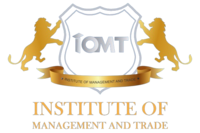
Certificate III in Marine Craft Construction
- There are no mandated entry requirements.


Certificate III in Engineering - Fabrication Trade
- There are no mandated entry requirements.




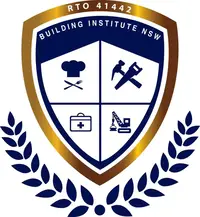



Certificate III in Engineering - Mechanical Trade
- There are no mandated entry requirements.




Certificate IV in Maritime Operations (Master up to 35 metres Near Coastal)
- There are no mandated entry requirements.
 TAFE NSW
TAFE NSW
Certificate IV in Maritime Operations (Marine Engine Driver Grade 1 Near Coastal)
- There are no mandated entry requirements.
 TAFE NSW
TAFE NSW
Certificate III in Maritime Operations (Master up to 24 metres Near Coastal)
- There are no mandated entry requirements.



Certificate II in Maritime Operations (Coxswain Grade 1 Near Coastal)
- There are no mandated entry requirements.


Certificate III in Light Vehicle Mechanical Technology
- There are no mandated entry requirements.








Certificate III in Marine Mechanical Technology
- There are no mandated entry requirements.
 TAFE NSW
TAFE NSW
Certificate I in Maritime Operations (General Purpose Hand Near Coastal)
- There are no mandated entry requirements.
 Maritime Safety Training
Maritime Safety Training
Certificate II in Maritime Operations (Marine Engine Driver Grade 3 Near Coastal)
- There are no mandated entry requirements.
 TAFE NSW
TAFE NSW
Certificate III in Maritime Operations (Marine Cookery)
- There are no mandated entry requirements.
 TAFE Queensland
TAFE Queensland
Certificate III in Maritime Operations (Marine Engine Driver Grade 2 Near Coastal)
- There are no mandated entry requirements.


Frequently Asked Questions
Yes, there are course providers who offer 20 qualification(s) in Central Coast. Find a course provider near you. Once you make an enquiry, a course advisor will get in touch to discuss your study options and course fees.
Written by Courses.com.au Team
There are several campuses within the Central Coast area that provide maritime training. The closest campus is 12km away from the center of Central Coast. You can also study a maritime course through online, distance or traineeship learning. Find a course provider that best suits your needs.
Written by Courses.com.au Team
Potential job roles within maritime includes general purpose hand, coxswain or second engineer (to name a few). Browse related occupations to find a career that suits your needs.
Written by Courses.com.au Team
Further reading


Certificate III in Pathology Collection: Everything You Need to Know
10th February 2025)
